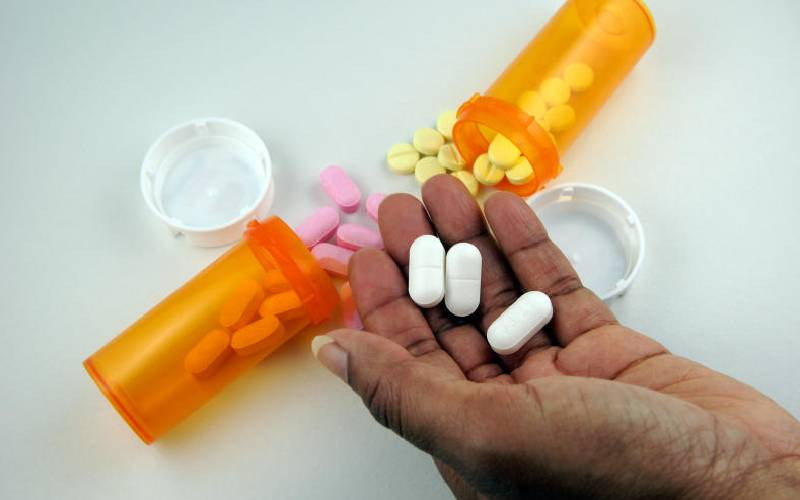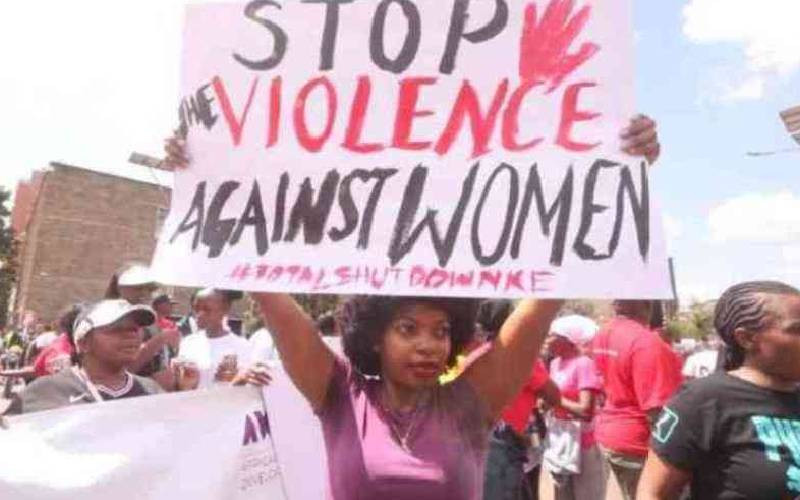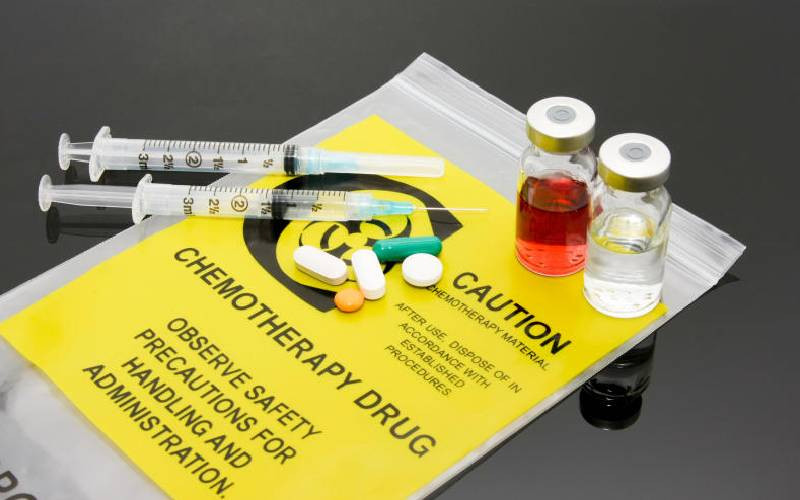By Gatonye Gathura
NAIROBI:KENYA A new proposal to legalise prostitution and offer them and their clients legal protection could create new friction between religious organisations and health authorities.
The proposal to have prostitution legalised was made on Tuesday by the World Health Organisation and wants the police stopped from harassing sex workers and they be allowed to operate from public places without discrimination.
The recommendations, which have been distributed to member States, including Kenya, want prostitution by both males and females to be made legal in the fight against HIV.
“The wide latitude of the police to arrest and detain sex workers without cause, including the use of public order laws to prevent them from being in public spaces and police extortion should be eliminated,” say global health body in a statement.
This would mean the constant police swoops in places where prostitutes congregate should be discontinued.
The new guidelines, which target reducing the incidence of HIV among sex workers, recommend that apart from the distribution of condoms to the public they should also be accompanied by a water soluble lubricant.
Justifying the extra cost of a lubricant, WHO cites discussions with sex workers saying about 95 per cent of them expressed an interest in using such lubricants regularly. This they said reduced the time clients took with them and vaginal pain and discomfort, as well as condom breakage.
In the final draft, where Kenya was represented by, among others, Peninah Mwangi of the Bar Hostess Empowerment and Support Programme, WHO calls for the decriminalisation of prostitution in poor countries.
“Like all human beings, sex workers are entitled to the full protection of their rights, which include employment, and just and favourable conditions of employment.”
Other rights to sex workers, according to the statement, include that of assembly and peacefully operating in public space. Past calls to legalise prostitution in Kenya has met stiff opposition from religious and community groups.
But now the UN body says its recommendations are based on strong scientific evidence and want political and religious leaders to work with civil society to fight stigma and discrimination against sex workers.
“They should work to transform punitive legal and social norms and practices that stigmatize and marginalize sex workers towards ones that protect their rights,” says the statement.
Two years ago the National Aids and STI Control Programme (Nascop) developed similar guidelines but fell short of calling for the legalisation of prostitution but wanted sex workers to be protected against discrimination.
According to Nascop they have been training police officers and health professionals on sex-work-friendly services that protect health and human rights of the prostitutes.
According to Dr Joshua Kimani, clinical director in a universities of Nairobi and Manitoba, Canada, HIV project among prostitutes in Nairobi, protecting this group’s rights would reduce new transmissions of the Aids- causing virus.
“There is a big market for sex and criminalising prostitution will only send it underground with their clients carrying the virus to the general population,” says Kimani.
But for these women to enjoy the benefits of better working environment they may have to give back to society by making efforts to reduce the incidence of other sexually transmitted disease.
 The Standard Group Plc is a multi-media organization with investments in media
platforms spanning newspaper print
operations, television, radio broadcasting, digital and online services. The
Standard Group is recognized as a
leading multi-media house in Kenya with a key influence in matters of national
and international interest.
The Standard Group Plc is a multi-media organization with investments in media
platforms spanning newspaper print
operations, television, radio broadcasting, digital and online services. The
Standard Group is recognized as a
leading multi-media house in Kenya with a key influence in matters of national
and international interest.











